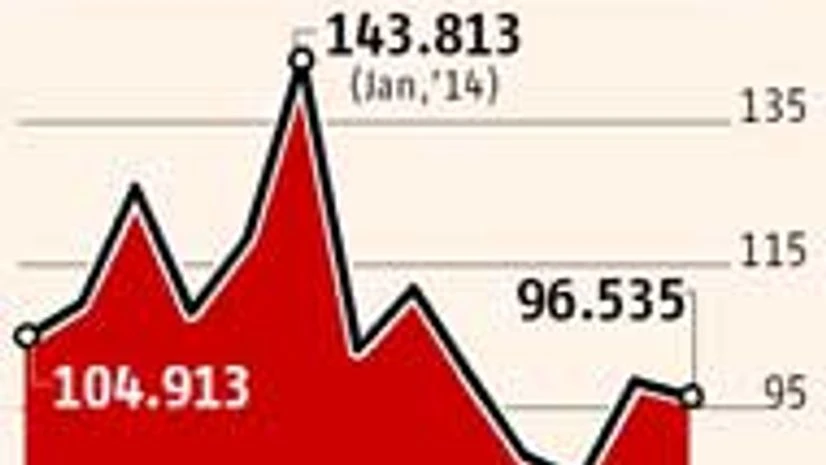The Directorate General of Foreign Trade (DGFT), in two separate notifications on Monday, said mandatory registration of cotton and cotton yarn for exports are being done away with immediately. The textile industry welcomed the move.
T Rajkumar, chairman, Southern India Mills’ Association (Sima), said the government had brought in quantitative restrictions and made registration for exports mandatory, as there was shortage of cotton globally during the season 2010-11. “The removal of the mandatory registration will bring cotton and cotton yarn under the free list.”
Prem Malik, chairman, Confederation of Indian Textile Industry, said this would to ease business. The domestic market is flooded with yarn with a quantity of about 160 million kg.
Cotton being a seasonal commodity and available only for four-five months, the industry earlier demanded minimum buffer stock on a par with the Chinese cotton policy.
“This is a proactive and progressive step which will reduce transaction costs for the exporters of cotton yarn,” said R K Dalmia, chairman, The Cotton Textiles Export Promotion Council.
Sima also said due to high volatility in cotton price (the price per candy of 355 kg of increased from Rs 38,000 to Rs 65,000 and again dropped below Rs 40,000), the yarn prices have increased abruptly and, therefore, the downstream textile value chain sectors put pressure on the government to bring quantitative restriction on cotton yarn export also.

“Neglecting that, cotton yarn being a manufactured good, the government suspended cotton yarn export registration during January to March 2011. This short-sighted policy made the cotton textile industry face the worst ever crisis in its history of 150 years, forcing the government to announce a debt restructuring package of Rs 35,000 crore and manage working capital erosion of over Rs 11,000 crore in a few months,” Rajkumar said.T Rajkumar, chairman, Southern India Mills’ Association (Sima), said the government had brought in quantitative restrictions and made registration for exports mandatory, as there was shortage of cotton globally during the season 2010-11. “The removal of the mandatory registration will bring cotton and cotton yarn under the free list.”
Prem Malik, chairman, Confederation of Indian Textile Industry, said this would to ease business. The domestic market is flooded with yarn with a quantity of about 160 million kg.
Cotton being a seasonal commodity and available only for four-five months, the industry earlier demanded minimum buffer stock on a par with the Chinese cotton policy.
“This is a proactive and progressive step which will reduce transaction costs for the exporters of cotton yarn,” said R K Dalmia, chairman, The Cotton Textiles Export Promotion Council.
Sima also said due to high volatility in cotton price (the price per candy of 355 kg of increased from Rs 38,000 to Rs 65,000 and again dropped below Rs 40,000), the yarn prices have increased abruptly and, therefore, the downstream textile value chain sectors put pressure on the government to bring quantitative restriction on cotton yarn export also.

Later, the government removed the quantitative restriction on both cotton and cotton yarn exports but continued with mandatory registration and other complicated export procedures, including time restriction, penalty clauses for defaulters, etc.

)
